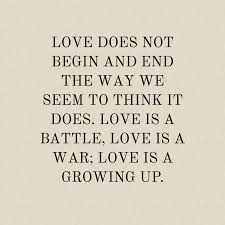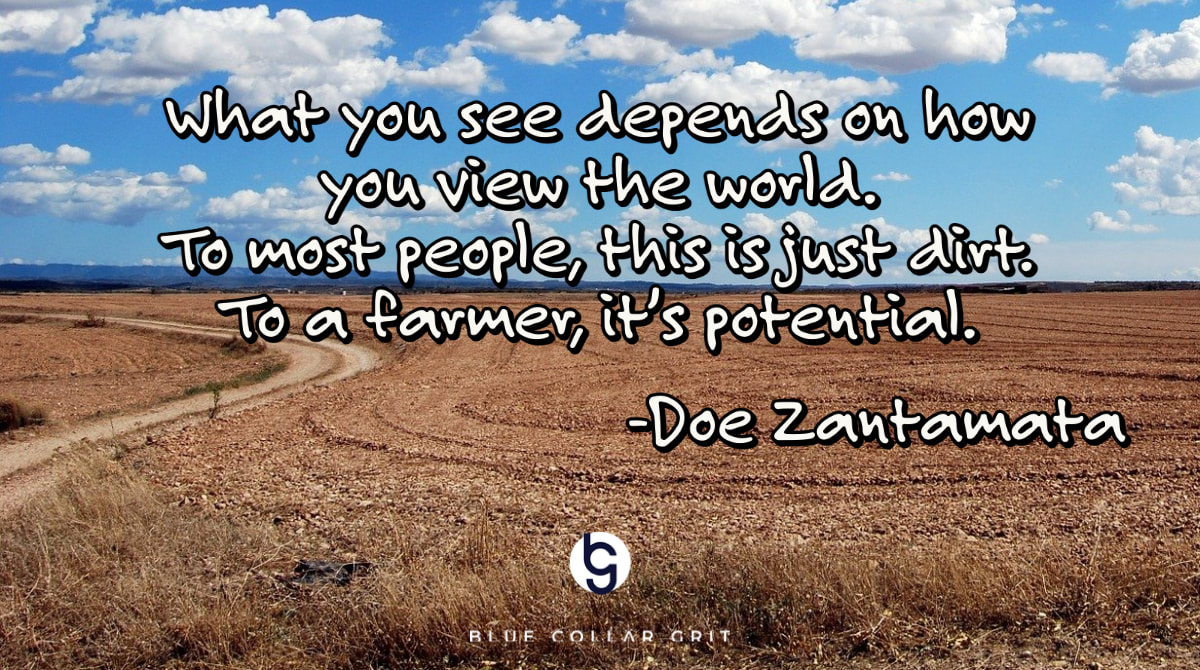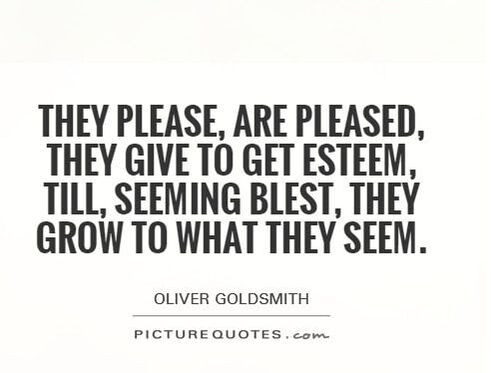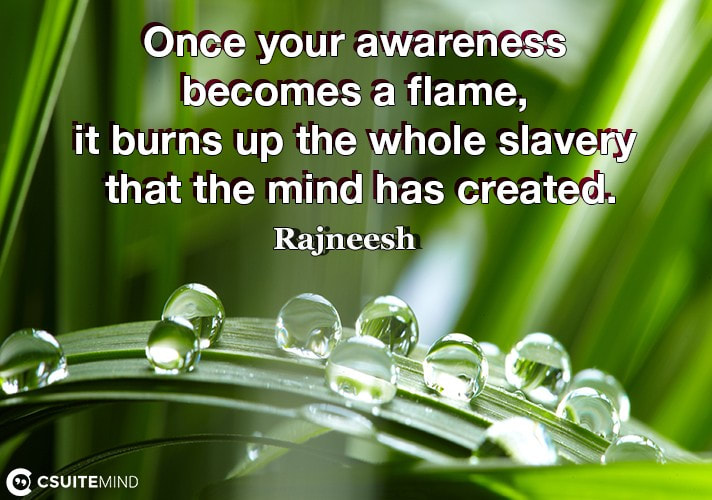Establishing Meaning and Motivation |
| | *This week’s blog is written by one of our former players, Garrett Fisher. There is no better way to wrap up the year than to have a player request to share their take-aways from being part of our program. Garrett’s willingness to embrace his role for our team continues to be a standard we refer current players back to annually. Throughout my high school, college, and post-graduate years the idea of “loving the process” is the single greatest piece of advice I received. This advice details the need to appreciate the growth in the pursuit of aspirations rather than simply accomplishing a goal as means to an end. I also believe “loving the process” is intimately tied to finding meaning and motivation in your own life. I recently read a book written by holocaust survivor Dr. Viktor Frankl, titled, Man’s Search for Meaning. The book describes his observations as he survived three years in infamously horrendous Nazi concentration camps. Aside from his descriptions of the atrocities committed, Frankl goes on to discuss how humans find meaning even amidst terrible circumstances. Essentially, he concluded humans find meaning in three facets:
Upon finishing this book, I noted the similarities between the mindsets that my coaches instilled in me and Frankl’s description on finding meaning. In conjunction with Frankl’s three facets of finding meaning, the ideal of “loving the process” means:
Why should we care? A life devoid of meaning and motivation is a passionless affair characterized by aimless pursuits of simple amusement. I like to think of the drunken sailor analogy. A drunken sailor wanders in different obscure directions ultimately ending up somewhere near where he began. Establishing meaning and motivation helps provide direction so you avoid ending up like the drunken sailor on an aimless path of simple amusement. Action Steps What did my coaches instill in me that made me “love the process,” not only applied to sports but life too? There are two factors that immediately come to mind: Hatred for Laziness: Ever since my time with Centerville Basketball I find that lazy habits and low ambitions leave a terrible taste in my mouth, especially when I realize them in myself. I believe my coaches did an incredible job at helping me form a habit of continual self-reflection. That way I can quickly notice and change lazy habits. Genuine Gratitude: “Be Thankful” was one of our core values as a team and the coaches did an exceptional job at instilling gratitude in us. This is a necessity when finding a love for the process. I need to be thankful I am of capable mind, body, and spirit to pursue my goals. Also, giving gratitude to mentors in my life is a necessity. Without the guidance of influential people, my achievements so far would have been impossible. Garrett Fisher graduated from Centerville High School in the Class of 2015 and then attended the University of Alabama. In May of 2019, he graduated college with a degree in Chemical and Biological Engineering. Garrett currently works at Cincinnati Children’s Hospital in a lab that researches topics on tissue engineering. In July of 2021 he plans to begin medical school. For more information on building excellence in your teams, visit us at www.bluecollargrit.com. We would love to know how we could help! |
Show Love
| | Have you ever been part of a team that loved each other? Most, if honest, have not. Sure, we’ve been on teams where there is a sense of collective vision or teams with people that cared about each other. Some may have even been fortunate enough to be on teams willing to sacrifice for each other. But love is different. Of course, teams that love share a vision and care about each other. They willingly sacrifice for each other. But, teams that love do far more than that. Why Should We Care? Everything without love is conditional. Feelings, passions, energy, joy, excitement, motivation - all conditional. Forgiveness, responsibility, accountability, caring - conditional. Excellence in teams is unconditional love. The commitment to doing what the team needs doesn’t depend on obstacles or feelings. Motivation to work towards the vision and mission of the group is consistent, regardless of time of day or recognition. Forgiveness and acceptance are understood and provided to all members of the team, regardless of position or past mistake. No one holds a wager. No one counts the cost. This is the essence of the love that I’ve known from teams. Too often we shy away from talking about it because simply uttering the word love, creates uneasiness in most. We need to get over it. Teams need to know what love is and how to express it to their teammates. REAL TALK - Action Steps There are hundreds of ways to express love. Each team, each person, is different and will choose to show their love differently. However, there are a few methods to showing love that I believe are present in every elite team.
Embrace love on your team. Talk about what it looks like and sounds like. Encourage your team to lean into the unconditional love that supports teams of excellence. For more information on building excellence in your teams, visit us at www.bluecollargrit.com. We would love to know how we could help! |
Live in the Dirt
| | Eleven years old, playing in a baseball tournament in Urbana, Ohio. I’m playing shortstop. There is a hard hit ground ball up the middle. In a diving attempt to stop the ball I cut the heel of my hand, lodging a few small stones in it. When I got up, blood was running down my hand. My dad, an assistant coach for our team at the time, came out of the dugout. Walking, slowly, on to the field he made his way across the 3rd base line and out to where I was bent over holding my right hand. Dad took my right hand and gently wiped the blood off it with his shirt. As he raised it to take a closer look, I expected him to console me or empathize with my pain and injury. He didn’t do that. After examining it closely for what seemed like minutes, dad brushed the remaining pebbles off my hand and pushed a few larger ones out from under my skin and back onto the field. Then he spit on it, reached down, scooped up some dirt and rubbed it into my palm. He tapped it a few times with his hand, turned back to the dugout, and said ‘Yer, good.’ Why Should We Care? As unsanitary as this story may seem in our current world, it reminds me of something that is core to my belief system now: dirt is good. We are who we are because of the dirt. As much as we try to dust ourselves off, clean ourselves up, it’s our own dirt that defines us. Our family problems, our personal inadequacies, and the challenges we face need to be embraced. We not only need to live WITH our dirt, we need to live IN it. Our desire to be ‘clean’, and dirt free, is crippling to our progress and pursuit of excellence. This race to eliminate our dirt robs us of our most important lessons - the ones that help us gain self awareness. When we live in the dirt we begin to understand who we are. We appreciate our shortcomings for their contribution to the person we’ve become, and are becoming. REAL TALK - Action Steps So what is the dirt? We know it’s not shiny watches and fancy clothes. We know it’s not a new hairstyle and the nicest cars. Dirt is more foundational than those things of course.
So, think about your dirt. What is it in your life? What can you do to become more familiar with it? How can you live in the dirt? For more information on building excellence in your teams, visit us at www.bluecollargrit.com. We would love to know how we could help! |
Seeming or Being?
| | We all would prefer to live in our own fairy tale world - where things go just as we want them to, no one ever questions us, and we never compromise our values and personal standards. Most of us would also agree that this world doesn’t really exist. It’s a myth. However, there are far too many people living as if it were a reality. They ignore the inevitable challenges, dismiss anyone that questions their performance or behavior, and claim to stick to their values regardless of the situation. On the surface this may appear as strong and noble, but under the armor it’s soft and weak. Our goal should not be to SEEM to be anything - it should be to BE something. Why Should We Care? When we are sold on SEEMING, our actions are not set while our desired results are. We enter into a situation knowing what we want it to SEEM like to ourselves and others. Our actions will fluctuate however they need to in order for us to SEEM the way we desire. Rather than being focused on our actions, we are consumed with the feelings, emotions, and thoughts that our actions create. These varying lenses lead to varying actions depending on the situation, circumstances, and people involved. A commitment to BEING is different. It’s action-centered. Our actions are set, the results are not - kind of. When focused on BEING, we commit to the process while surrendering the results. We don’t concern ourselves with what others may think, but simply focus on what we believe and trust. Operating with this type of clarity, and simplicity, relieves us of much of the stress and anxiety we experience trying to play politics and please everyone around us. REAL TALK - Action Steps The missing ingredient in all of this is the action. What actions should we be taking? We all experience so many different situations in a single day, how are we supposed to know which actions to take? The answer to that question should lead you back to your core values. A lot of people, and businesses, have core values - or SEEM to. They have posters and signs. They can recite them and tell you how important they are to everyone there. They SEEM to have values, but we can talk about a lot of things. How family is so important to me, yet I consistently miss family events for work. How service to others is important, yet I spend 16 hours a week golfing and haven’t volunteered anywhere in 2 years. How I value hard work and commitment, yet I hit snooze five times on my alarm clock every morning. While thoughts and theory drive SEEMING, it’s action that drives BEING.
So, are you SEEMING or BEING? Fixated on the results or committed to the process? Remember, it’s our actions - not our thoughts, words, signs, or mission statements - that determine our future. Act boldly! For more information on building excellence in your teams, visit us at www.bluecollargrit.com. We would love to know how we could help! |
Backyard Football Lessons
| | Holidays always provide a time for reflection. Spending time with family, childhood stories that we had forgotten often find their way to the dinner table. It’s fascinating that we haven’t touched those memories for years, yet when they surface the exact same feelings are invoked. One of those memories for me is backyard football games with my brother. Every Sunday Johnny, and his friends, would gather at Bobby Hayslip’s house. They would split up teams, then spend the next 2-3 hours playing cut-throat, winner take all pickup football. The end zones were marked by a giant oak tree on one end and a gravel driveway on the other. The rules were simple, we played tackle - no flags, no two hand tap - tackle. My brother is seven years older than me. I can still remember the first time he let me go with him. I was ten and had been asking to be a part of their games for a few years already. When Johnny finally gave me permission, I spent the remainder of the week consumed with the big game. On Sunday morning, the excitement was that of a five year old on Christmas morning. As we were heading to the game, Johnny had three words of advice for me:
Why Should We Care? One of the greatest gifts of time is perspective. At the time, I had no understanding or appreciation for everything those Sunday football games were teaching me. Replaying the memories now, I’m blessed with the ability to see how those Sunday backyard battles have played such a huge role in shaping my beliefs - and it’s our beliefs that guide our lives. It’s not enough to know what we believe. I mean it’s more than the average person; but if we are seeking to lead, and to pursue excellence through that leadership, we need to know why we believe what we believe. Our memories are the foundation for this understanding. Some are good and some are bad. We are often more connected and willing to cite our lessons learned from those negative experiences, but our positive memories play just as significant a role in forming our lives. It’s important that we explore both. REAL TALK - Action Steps We have thousands and thousands of memories that shape our lives. All are important and worth considering, but we need to start somewhere - and that somewhere is with Level 5 Moments.
Nothing trumps self-awareness. To gain it, we must reflect and take deep dives to answer the question: why do we do what we do, the way we do it? The answer to that question is only in our past. For more information on building excellence in your teams, visit us at www.bluecollargrit.com. We would love to know how we could help! |
About bc
I'm a teacher, coach, and parent seeking excellence while defining success on my own terms.
Archives
April 2024
March 2024
February 2024
January 2024
December 2023
November 2023
October 2023
September 2023
August 2023
July 2023
June 2023
May 2023
April 2023
March 2023
February 2023
January 2023
December 2022
November 2022
October 2022
September 2022
August 2022
July 2022
June 2022
May 2022
April 2022
March 2022
February 2022
January 2022
December 2021
November 2021
October 2021
September 2021
August 2021
July 2021
June 2021
May 2021
April 2021
March 2021
February 2021
January 2021
December 2020
November 2020
October 2020
September 2020
August 2020
July 2020
June 2020
May 2020
April 2020






 RSS Feed
RSS Feed